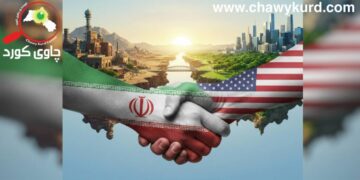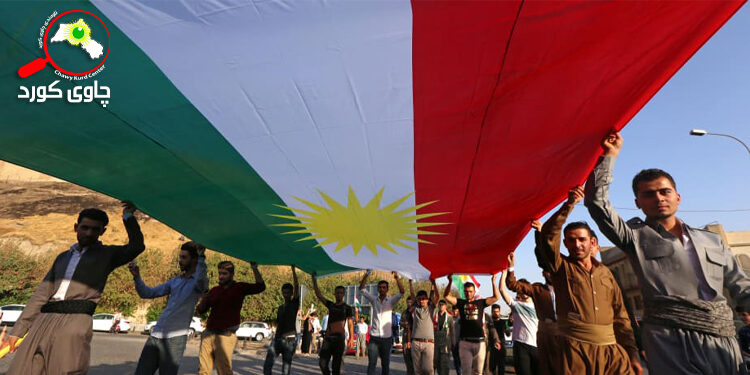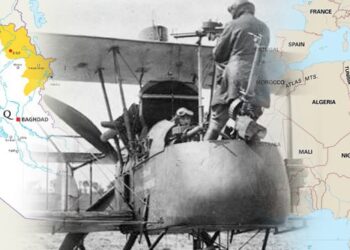American researcher believes that the best choice in front of American administration is withdrawal from Baghdad and strengthens all his military capability to Kurdistan. Meanwhile, he discussed that Washington must review his stances and officially recognize “Kurdish State”.
In analyzing report titled of “Pivoting to the KRG: Restructuring the U.S. Military Presence in Iraq” written by Dr. Eric Bordenkircher a researcher at the Middle East Institute center. In his report, the researcher believes that US must deepen its relation with Kurds (America-Kurds).
The analysis published at “Washington institute) which belongs to Los Anglos University at California. Chawy Kurd Center for political developments translates the part of piece that has direct relation on Kurds.
The United States can drastically reduce its presence in Baghdad without retreating from the region by deepening its relationship with the Kurdish Regional Government in Iraq (KRG). Strengthening our military relationship with a reliable partner will offset the perception of a weak U.S. presence in the region, empower the U.S. to pursue its regional objectives, and weaken the pro-Iranian government in Baghdad.
Strengthening the U.S.-Kurdish relationship and increasing military presence in Iraqi Kurdistan will allow the United States to remain visibly committed to TheGlobal Coalition to defeat ISIS. An increased military presence in Kurdistan will also allow the United States to apply maximum pressure on the Iranian government and its militias until a more comprehensive nuclear agreement is achieved. Ultimately, U.S. allies such as Israel, Saudi Arabia, and the United Arab Emirates will welcome this development in the wake of a withdrawal from Baghdad.
In contrast to politicians in Baghdad,there is also no love lost between the leadership of the KRG and Iran, despite the necessity of the KRG to coordinate with its eastern neighbor due to Iran’s regional power and proximity. Because of Iran’s own restive Kurdish population, Iran abandoned the Kurds to Saddam Hussein on several occasions and opposes Kurdish independence.
With U.S. forces centered in the KRG, the United States will also be able to avoid any the potential fallout from the unlikely but not impossible future fractionalization of Iraq. It is by no means certain where the ongoing protests and counter-attacks in Baghdad and other major cities will lead, and their devolution into a civil war given the violence already exhibited should not be written out.
The developments within the last few weeks demonstrate that the United States must seriously consider saying goodbye to Baghdad and hello to a more committed embrace of military cooperation with the Kurdish Regional Government. This strategic re-adjustment—representing the middle ground between staying in Baghdad and getting out—is likely to be of the most benefit to U.S. interests in the Middle East writ large, and help maintain stability within the region as well.
Source: The Washington Institute





























































